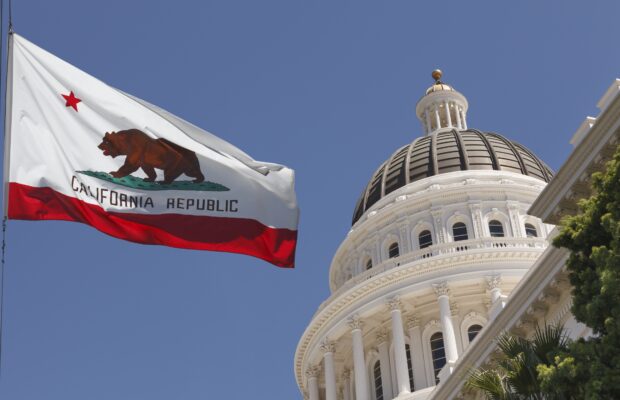In furtherance of Mayor London Breed’s “Housing For All” Executive Order issued in February (see earlier post here) and San Francisco’s daunting directive to produce 82,000 new housing units over the next 8 years (see earlier posts here and here), at the June 27, 2023, Board of Supervisors hearing, Mayor Breed and Board President Peskin introduced two pieces of legislation, together referred to as the “Housing Fee Reform Plan.” To reduce financial roadblocks to “pipeline,” or already approved but unbuilt residential projects, and to incentivize new projects, the legislation would temporarily reduce inclusionary housing requirements and would reduce and reform other City development impact fees, including through reactivation of a dormant impact fee deferral program. The proposed Housing Fee Reform Plan comes on the heels of the City’s other efforts to incentivize Downtown commercial to residential adaptive reuse projects. (See earlier posts here and here.)
Key provisions of the legislation, which is expected to be considered at the Planning Commission on July 13 and at the Land Use and Transportation Committee shortly thereafter, are as follows:
Inclusionary Housing Legislation (legislation here)
For pipeline residential and live/work projects (both rental and ownership) consisting of 25 units or more that have been finally approved, but have not obtained a building permit or paid development impact fees prior to November 1, 2023:
- 12% on-site inclusionary requirement (8% low-income, 2% moderate-income, 2% middle-income).
- 16.4% in-lieu fee or off-site inclusionary requirement (9.4% low-income, 4% moderate-income, 3% middle-income).
- Separate provisions would apply to projects located in areas with specific affordable housing requirements, providing a proportional reduction to those requirements.
For new residential and live/work projects (both rental and ownership) consisting of 25 units or more that are finally approved between November 1, 2023 and November 1, 2026:
- 15% on-site inclusionary requirement (10% low-income, 2.5% moderate-income, 2.5% middle-income).
- 20.5% in-lieu fee or off-site inclusionary requirement.
- Separate provisions would apply to projects located in areas with specific affordable housing requirements, providing a proportional reduction to those requirements.
- Newly approved projects must obtain a First Construction Document within 30 months of Final Approval.
For both pipeline and new projects that meet the specified timeframes, a temporary fee reduction program would provide a 33% impact fee reduction for most fees (not including inclusionary housing fees) assessed on or before November 1, 2026.
Impact Fee Reform Legislation (legislation here)
The Housing Fee Reform Plan also includes various reform measures intended to provide more certainty regarding fees, as follows:
- Establishes a 2% annual escalation rate for development impact fees, not including inclusionary fees.
- Locks in the types and rates of applicable development impact fees, generally protecting against new fees and increases to existing fees between Planning Commission project approval and issuance of building permits.
- Reactivates the expired fee deferral program, to allow project sponsors to defer 80–85% of development impact fee payments (not including inclusionary housing fees) from building permit issuance to no later than the first certificate of occupancy (typically a TCO).
We will continue to monitor these pieces of legislation and the City’s other housing production plans and Downtown revitalization efforts.



